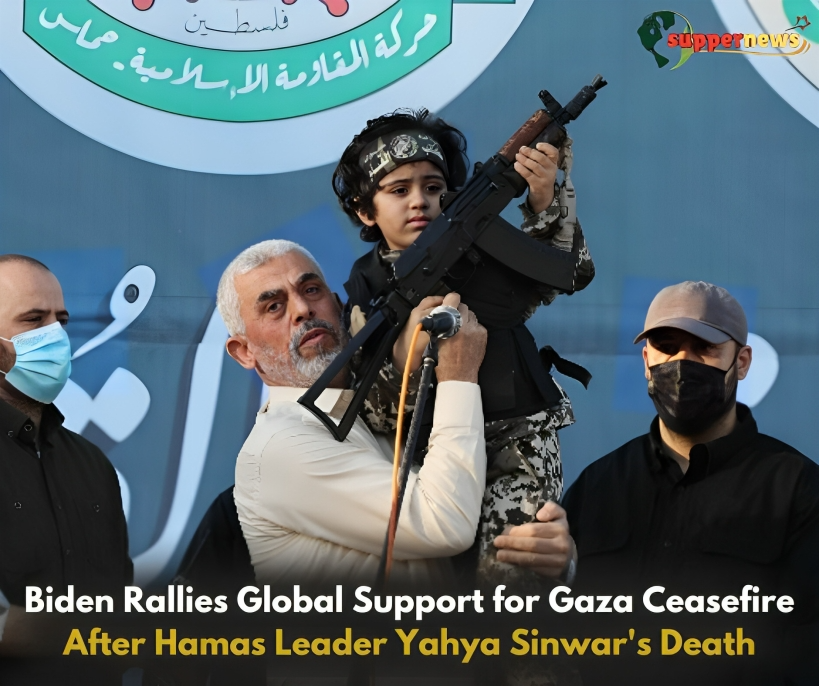Israeli Airstrikes Pound Hezbollah Positions in Response to Border Threats: Escalating Tensions in the Middle East
In a region already rife with political, military, and religious tensions, the recent Israeli airstrikes targeting Hezbollah positions in Lebanon mark a significant escalation in the long-standing Israeli-Hezbollah conflict. The airstrikes come as a direct response to what Israeli officials describe as increasing threats along their northern border with Lebanon, where Hezbollah, a powerful Shiite militant group backed by Iran, maintains a significant military presence. As both sides dig in, the potential for a broader conflict looms larger than ever in Border Threats.
Background: Israel-Hezbollah Hostilities
Following Israel’s invasion of southern Lebanon in 1982, Hezbollah emerged as a resistance movement, with the explicit goal of expelling Israeli forces from Lebanon. The conflict evolved over time, reaching a peak in the 2006 Lebanon War, a month-long military confrontation that left much of Lebanon’s infrastructure devastated and displaced thousands. Though the war officially ended with a United Nations-brokered ceasefire, the tensions between the two have never truly subsided.
Hezbollah, which operates from southern Lebanon and enjoys considerable political influence within the Lebanese government, has since become one of the most powerful non-state actors in the Middle East. With Iran’s financial and military support, Hezbollah has amassed a vast stockpile of rockets and other weapons, which it has used to challenge Israel’s military might and threaten its northern border.On the other side, Israel sees Hezbollah as a direct extension of Iranian influence, viewing the group as a key component of Iran’s strategy to destabilize the region and encircle Israel with hostile forces in Border Threats.
The Trigger: Recent Border Threats
The latest round of hostilities was triggered by increased Hezbollah activity near the Israeli-Lebanese border. According to Israeli officials, Hezbollah fighters have been conducting reconnaissance missions, placing explosive devices, and even attempting to breach Israel’s security fence. These actions, according to the Israeli military, constitute a clear and present danger to Israeli civilians and military personnel in the region.The Israeli Defense Forces (IDF) confirmed that their aircraft had struck key Hezbollah military infrastructure, including command and control centers, missile launch sites, and storage facilities. The airstrikes, they said, were aimed at degrading Hezbollah’s military capabilities and deterring future attacks in Border Threats.
Hezbollah’s Reaction
Hezbollah, known for its disciplined military structure and sophisticated propaganda machinery, was quick to issue a statement following the Israeli airstrikes. In its statement, Hezbollah condemned the Israeli actions as an act of aggression and vowed to retaliate at a time and place of its choosing. While Hezbollah did not immediately launch a counterattack, the group has a history of carefully calculated responses, and analysts fear that the group’s next move could further destabilize the region in Border Threats.
The group’s leader, Hassan Nasrallah, has long maintained that any Israeli violation of Lebanese sovereignty would be met with force. In a recent speech, Nasrallah warned Israel against miscalculating Hezbollah’s resolve, stating that the group is prepared for a full-scale confrontation if necessary. both Lebanon and Israel in Border Threats.
Regional Implications
The Israeli airstrikes on Hezbollah positions are part of a broader regional dynamic that involves multiple actors, most notably Iran. Iran is Hezbollah’s primary benefactor, providing the group with financial support, weapons, and training. For Tehran, Hezbollah serves as a key element of its strategy to project power across the Middle East, particularly in its confrontation with Israel.
By striking Hezbollah, Israel is indirectly confronting Iran. Israeli officials have made no secret of their desire to curb Iranian influence in the region, particularly in Lebanon and Syria, where Iranian forces and proxies have entrenched themselves. Israeli airstrikes in Syria, for instance, have frequently targeted Iranian arms shipments destined for Hezbollah, as well as Iranian military installations.
For Iran, any attack on Hezbollah is viewed as an attack on its strategic interests. This puts the broader Middle East on edge, as any significant Israeli escalation against Hezbollah could provoke a wider conflict involving Iran and its allies. Tehran has consistently warned that it will not stand idly by while its allies are attacked, raising the specter of a broader regional war in Border Threats.
Domestic Reactions in Lebanon and Israel
The Israeli airstrikes have triggered a strong response in Lebanon, where the population remains deeply divided over Hezbollah’s role in the country. While some Lebanese see Hezbollah as a necessary bulwark against Israeli aggression, others view the group’s actions as reckless and destabilizing. The Lebanese government, already weakened by years of political infighting and economic collapse, has struggled to respond effectively to the crisis. Prime Minister Najib Mikati has called for calm and urged both sides to avoid further escalation, but his government’s ability to influence Hezbollah is limited in Border Threats.
In Israel, the airstrikes have been largely supported by the public and political establishment. Prime Minister Benjamin Netanyahu, who has long warned of the growing threat from Hezbollah, framed the strikes as a necessary action to defend Israel’s sovereignty and security. Netanyahu’s government, which has faced significant domestic challenges, including ongoing protests over judicial reforms, has seized on the Hezbollah threat as a rallying point for national unity in Border Threats.
Conclusion
With both sides engaged in a delicate balancing act, the risk of miscalculation is ever-present. As the region watches closely, the world waits to see whether this latest round of hostilities will lead to a broader confrontation, or whether cooler heads will prevail and avert a full-scale war in Border Threats.
Also read this;>Guatemalan Journalist Released From Prison to House Arrest After Long Detention



